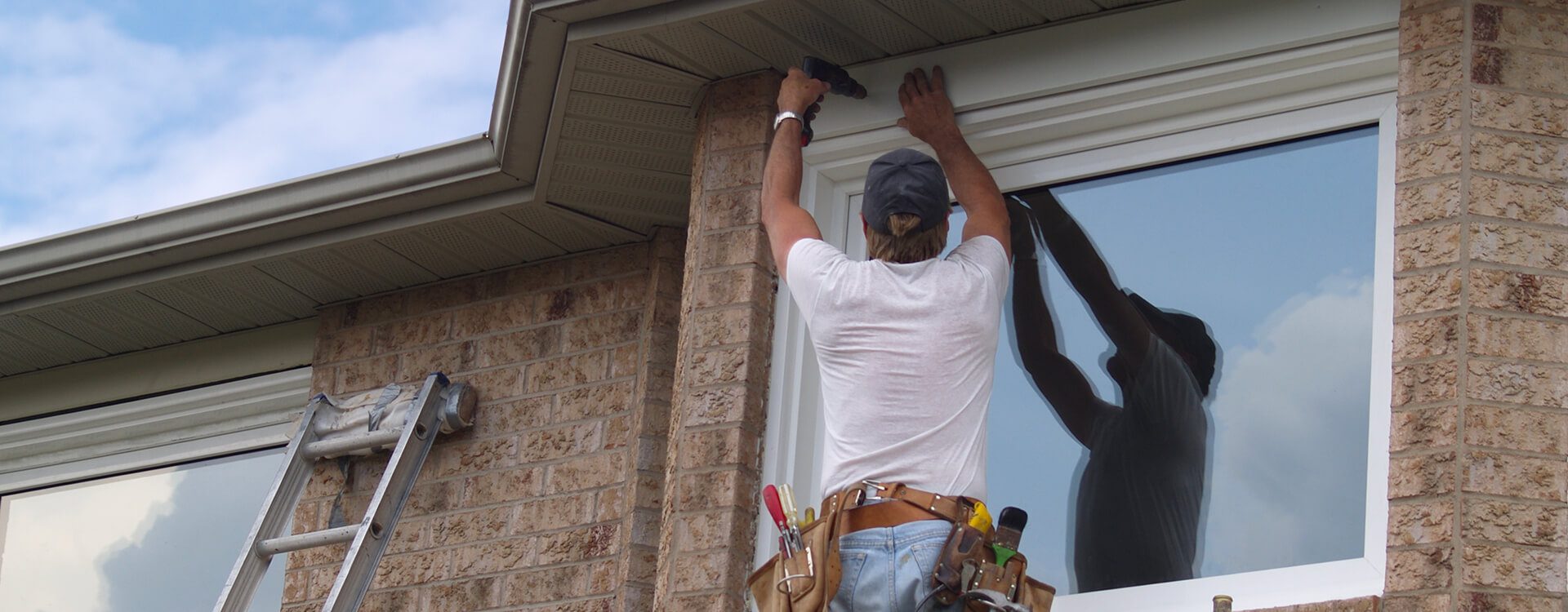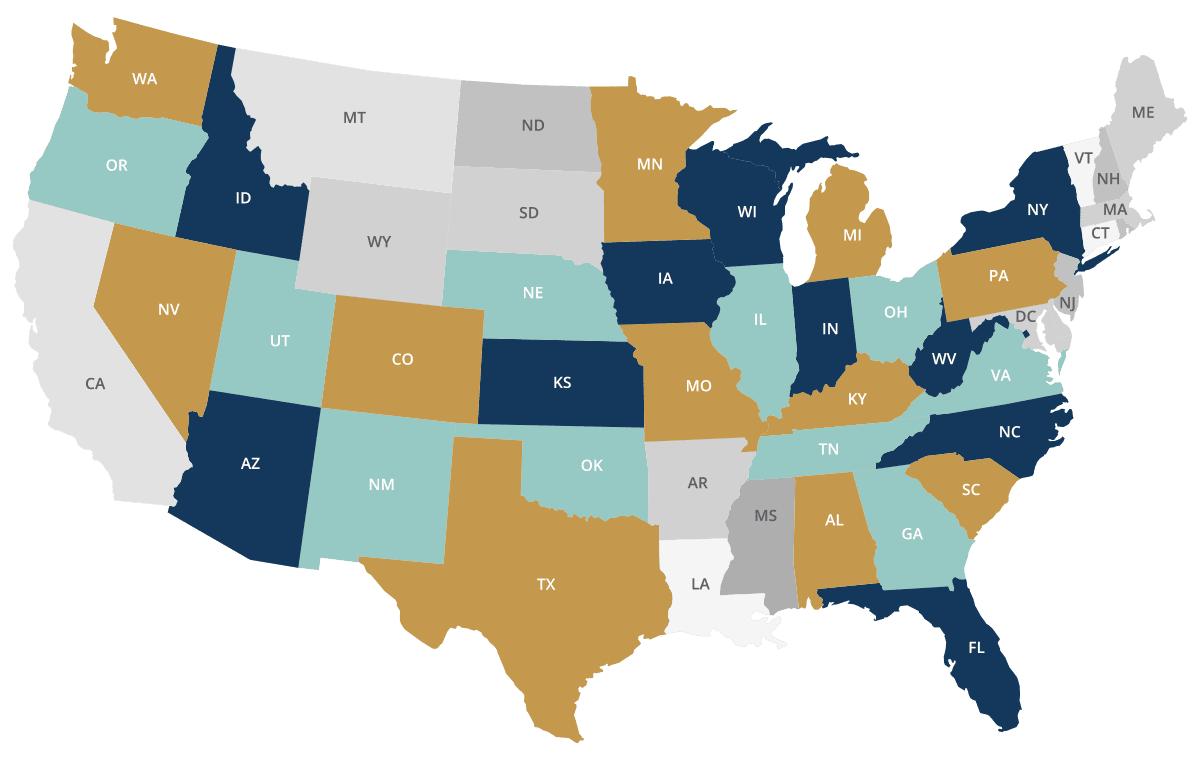
Gessel & Associates Insurance Agency has extensive experience and background in working with contractors.
There are several insurance coverages offered for a contractor. We will briefly examine each one while providing some insight into their inner workings. The most common coverages are:
- General Liability
- Property
- Inland Marine
- Contractors Installation Floater
- Business Auto
- Workers Compensation
- Umbrella Liability
General Liability (GL) is the insurance foundation on which your business exists. It provides for what is customarily $1,000,000 of coverage for “products and completed operations,” which means your workmanship. Should your work cause damage to someone else’s property, you will be covered.
Other GL coverages provide protection from slip and fall injuries on the property where your business is located (medical payments), damage that you might be legally responsible for when leasing office space (damage to premises rented to you), and anything from a physical altercation, a spoken word, or advertising that a competitor might take exception to (personal and advertising injury).
Property coverage is intended to cover buildings owned (or leased). When a building is owned, coverage can be written on a Replacement Cost Basis (R/C), or depreciated value which is known as Actual Cash Value (ACV).
If you lease space to run your business, we must do a thorough review of the insurance requirements of your lease! Many landlords have “triple net lease” clauses, which may require you to insure (and maintain) the building for full replacement cost as if you own it. Some leases are easy to understand, while others are very poorly written with vague and confusing language.
Business Personal Property (BPP) is the coverage needed for equipment, tools, inventory, office furniture, etc. Careful evaluation of the limits needed and locations to which coverage apply is warranted.
Inland Marine coverage is a fancy way of saying coverage for your tools and equipment off premises. Normally we will see $4,000 to $10,000 of “blanket coverage” for small tools and equipment on the trucks (or at a job site). Limits per tool apply. Coverage is normally written on the depreciated value of tools (ACV), but full replacement cost coverage is available for newer tools and equipment.
Contractors Installation coverage provides coverage for building materials in transit, at the job site, or at a temporary storage location. The coverage is designed to protect the contractor’s interest in uninstalled materials such as windows, doors, cabinets, HVAC equipment, etc. in the event that they are stolen prior to installation. Coverage also applies for materials damaged in transit due to a vehicle (or trailer) accident/theft.
Business Auto coverage is needed for vehicles that are titled in the business’ legal entity name, and used primarily for business purposes. Some contractors have a “mixed use” vehicle which may be a person auto used for more than business use. Careful consideration must be given to vehicles insured on a personal auto policy and used for business, as a claim denial can result from misclassification of usage.
Workers Compensation coverage is obtained in order to protect workers who become injured or otherwise unable to perform their duties in the event of a worksite related illness or injury. This coverage is typically mandated by the state in which you operate once you have one or more employees. *Many contracts require the owner of a sole proprietorship business to “opt in,” thereby covering the owner who would otherwise not be covered.
Umbrella Liability is sometimes referred to as excess liability, and simply means that you can obtain $1,000,000 to $5,000,000 more liability coverage than that which is provided by general liability. In other words, a $1,000,000 Umbrella would typically combine with your GL and Business Auto policies to provide $2,000,000 of coverage for each.
Insurers will typically offer these commercial insurance policies in two different forms. The first is called a Commercial Package Policy (CPP). Think of it as à la carte coverage, wherein we pick and choose the pieces we want or need.
Another common option is the Business Owners Policy (BOP), which is crafted by the insurers to bundle the most common coverages together. This is done based upon industry classifications (plumber, electrician, etc.).
As an independent insurance agency, we represent some of the very best insurance companies in the industry today. For more information or to schedule a consultation, I can be reached by phone at 614-332-3077, by email at contact@gesselins.com, or by visiting us online at www.gesselins.com


